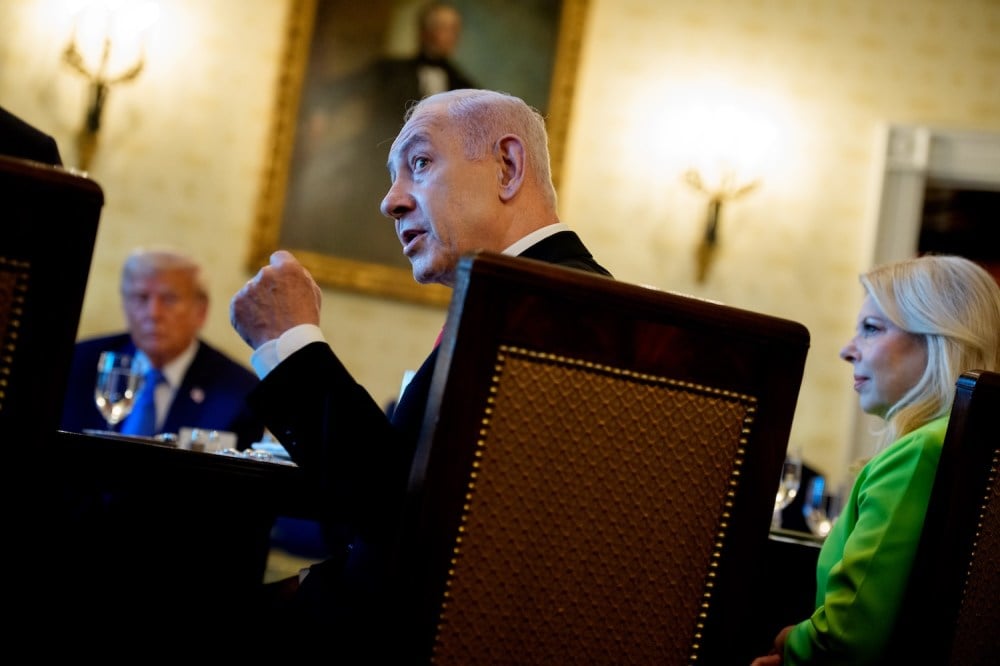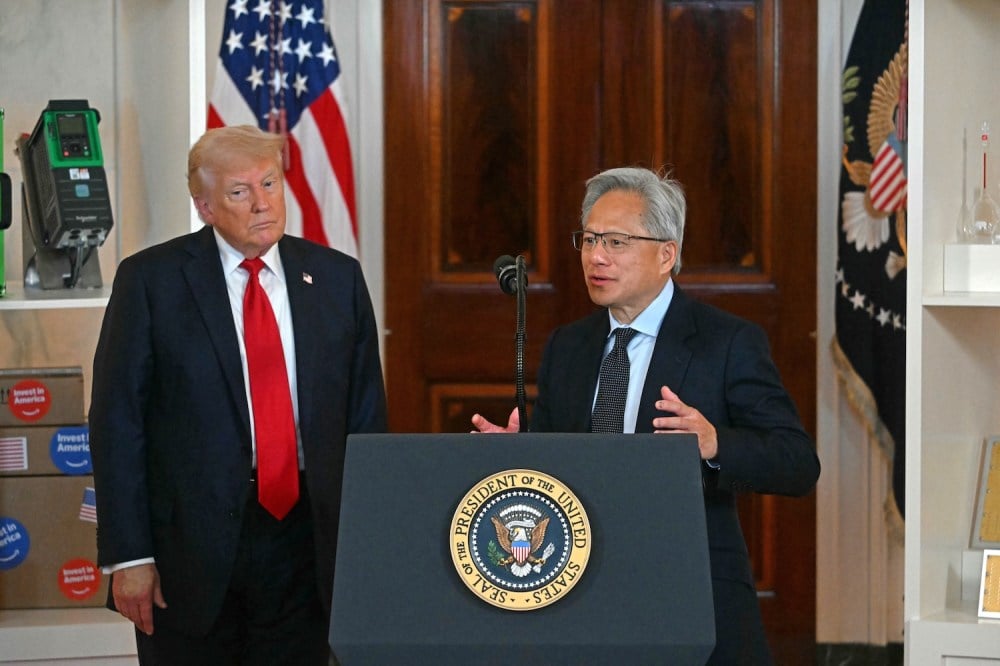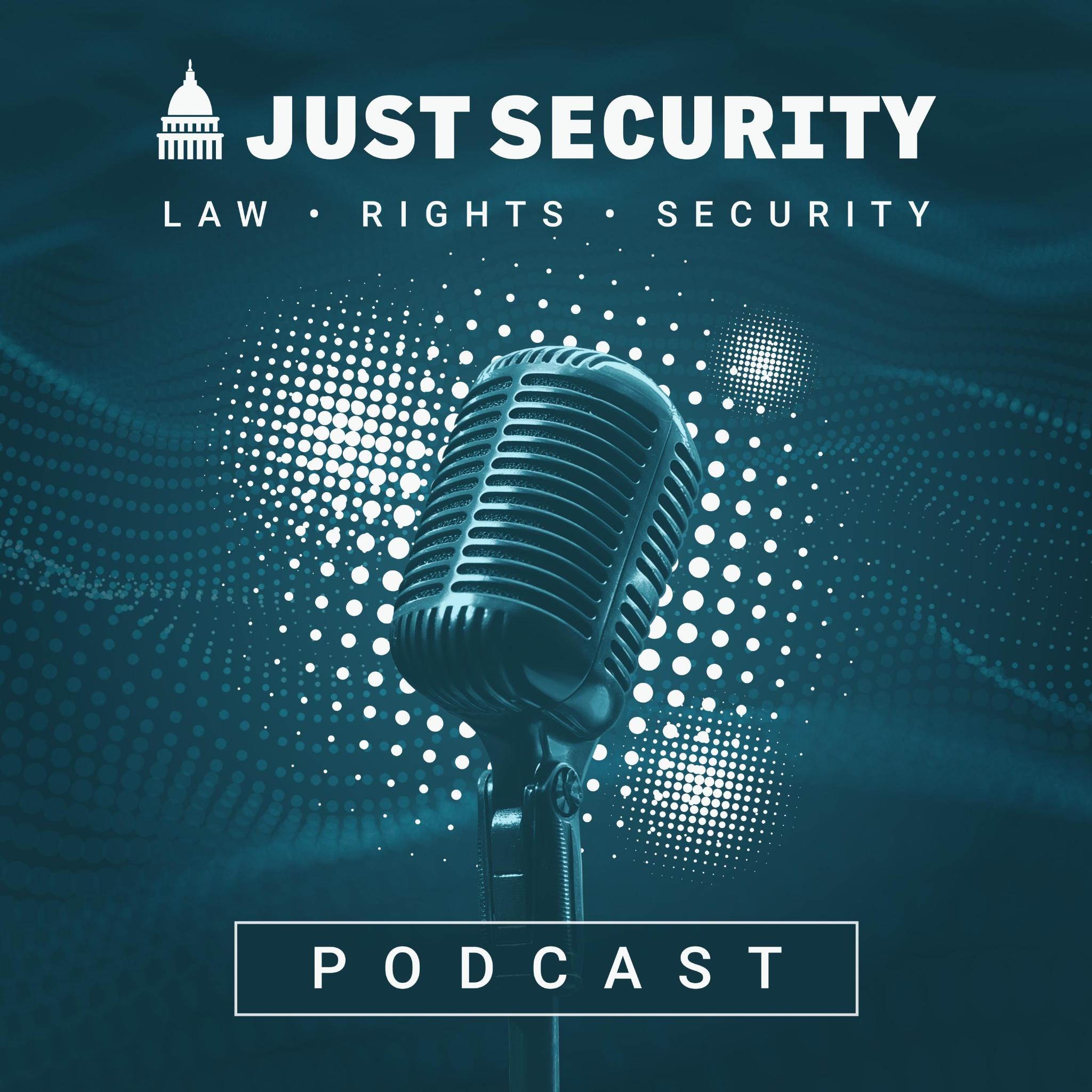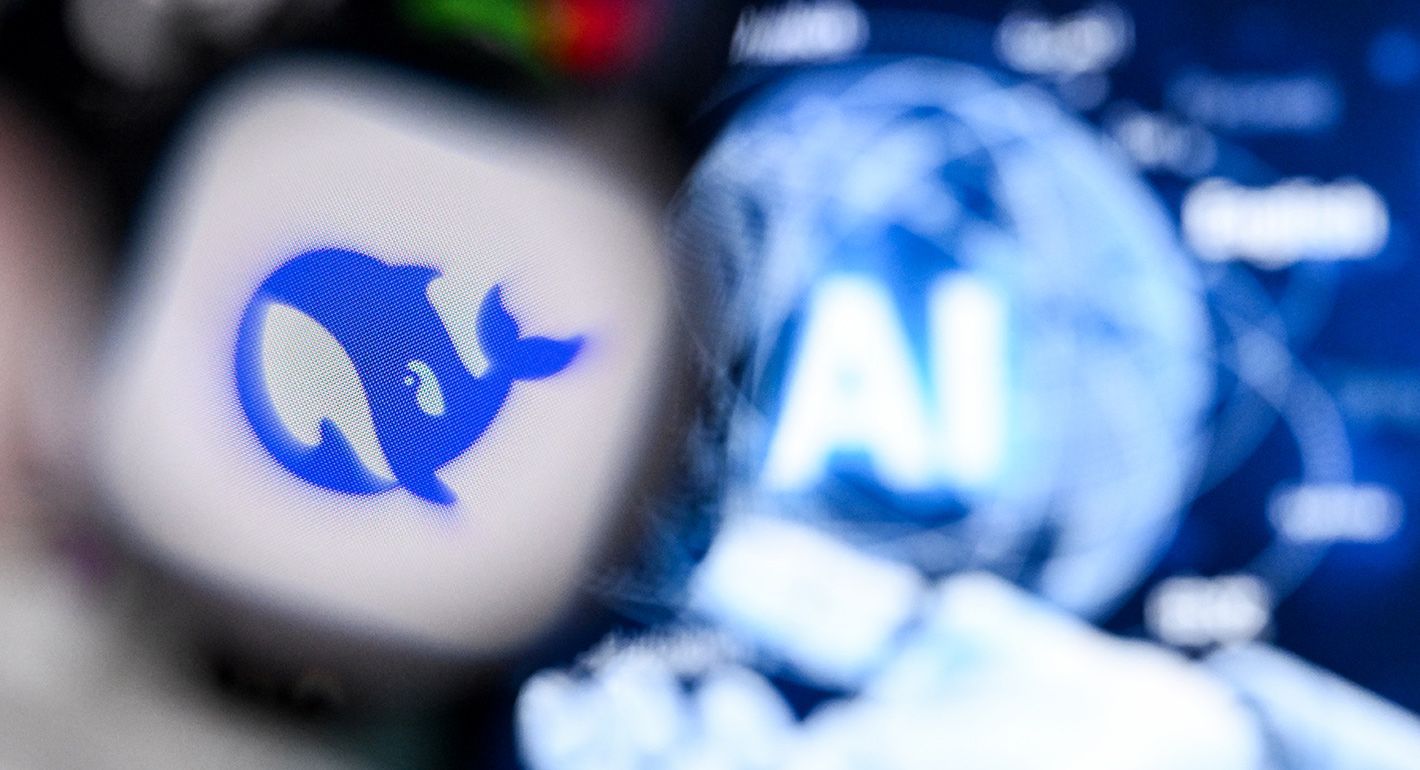
Carnegie Endowment
@CarnegieEndow
The Global Think Tank.
Drone threats make the UAE and Saudi Arabia the wrong homes for critical AI data centers, writes @CarnegieEndow's @CChivvis of @ceipStatecraft and @SamWinterLevy. wapo.st/4f8El44
Reelection is serious business for Israel's PM Netanyahu, "a man whose almost every move is tethered to his determination to remain in power," write @aarondmiller2 and @LMorganbesser in @ForeignPolicy. But President Trump could make or break his future: foreignpolicy.com/2025/07/22/net…

Six months into his term, President Trump doesn’t have a coherent vision on foreign policy, writes @stephenwertheim. In a field of allies – and adversaries – who do, that’s an obstacle to the peace he promised. More from Stephen in @nytimes: nytimes.com/2025/07/22/opi…

In @nytopinion I write that President Trump is failing to be a peacemaker. He is not on track to reduce America’s military involvement in the world and is keeping the United States in a position that invites more wars, potentially much larger ones. Gift link below.
As Australian PM Anthony Albanese returns from China, the stakes for the “quiet crisis” developing in the U.S.-Australia alliance are becoming higher. @EvanFeigenbaum detailed the “expectation gaps” driving the crisis, along with four debates to resolve: carnegieendowment.org/posts/2025/06/…

Beijing has claimed last week’s trade deal with Nvidia as a win for China. Is it actually? Probably, write @SamWinterLevy and @alasdairpr in @ForeignPolicy: the U.S. should be tightening its AI export controls, not undercutting them. Full article: foreignpolicy.com/2025/07/22/nvi…

Trump's Gulf data center plan will put a central node of the world’s AI infrastructure in locations highly vulnerable to drone and missile attack. Yet despite these obvious vulnerabilities, physical security has barely registered in the public debate. That needs to change.
Trump's deals in the Gulf put AI infrastructure in locations vulnerable to attack — at a time when the risk from cheap drones is intensifying, @CChivvis and @SamWinterLevy write in the @washingtonpost.
President Trump wants to be a "peacemaker and unifier." Six months in, is he really? @CEIPStatecraft's @stephenwertheim breaks down lessons learned from Trump's second-term foreign policy so far, with @CChivvis on the latest Pivotal States: youtu.be/TvXCbfwQfKM?si…
Today, 25 countries called for an immediate end to the war in Gaza. But the “one force” that could sway the Netanyahu government, says @aarondmiller2, is the United States – and President Trump doesn’t seem willing to do it yet. More from Aaron on @ABC: abcnews.go.com/International/…
Brussels is signaling readiness for a full-blown trade war if Trump moves forward with above-10% tariffs on Aug. 1 rather than striking a deal. This would be counterproductive for both sides. Thoughts on costs and getting to yes: 1. First, much like the trade war the US had with…
"If you start with just 'China bad, everything flows from that,' you miss a lot of what's happening" in Asia. On this podcast, I explain why, in a world not populated by leprechauns and unicorns, the U.S. needs to have a more reality-based view of Asia. pacificpolarity.substack.com/p/evan-feigenb…
With the Assad regime out of power, Syrian Alawites are at risk. How can Syria’s new leadership ensure protection for the country’s minority groups – and, therefore, a stable, secure state? Adam Fefer explains: carnegieendowment.org/research/2025/…

Last week, President Trump made a shift on Ukraine and Russia. What kind of difference – if any – will it actually make? @MassDara joined @AmbDanFried and @violagienger on the @just_security podcast to discuss: justsecurity.org/117252/podcast…

China's approach to AI governance follows a predictable cycle: when they feel technologically strong → more control. When they feel behind → prioritize growth. DeepSeek just broke this pattern. In our latest paper for @CarnegieEndow, @mattsheehan88 and I explain how we got…
China’s cyclical “competing imperatives” of growth and control have guided its AI policy for years. DeepSeek presents a major turning point. What does that mean for China’s AI regulation? @Scott_R_Singer and @mattsheehan88 explain: carnegieendowment.org/research/2025/…
